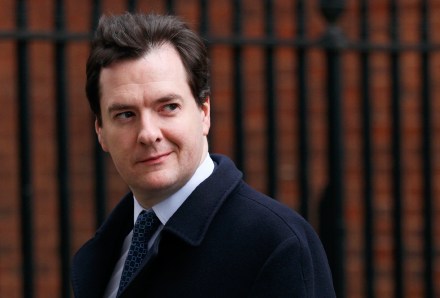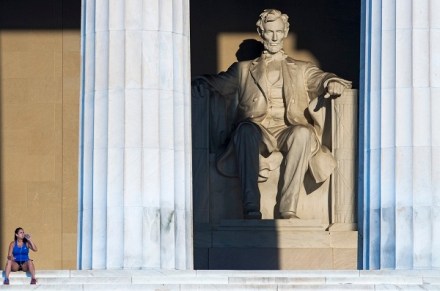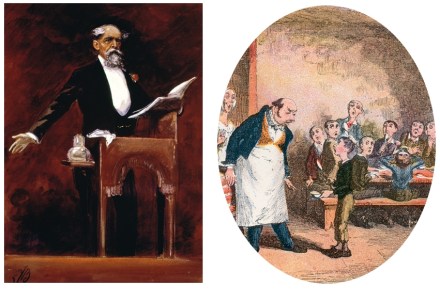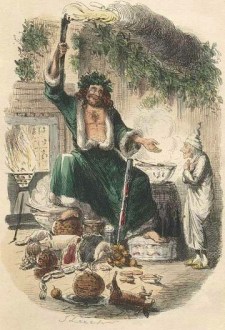Mr Micawber Goes to the Treasury
John Rentoul draws attention to a new ComRes poll that goes some way towards explaining George Osborne’s predicament when it comes to managing government finances. Put simply, the public is not interested in public spending cuts. On the contrary, British voters want to see public spending increase. Sure, they might agree that, all things being equal and in the broader scheme of matters, it might be a good idea if the government balanced the books but all things are rarely equal and as soon as you get into the narrow, particular view of these matters it becomes clear that, actually, the only departmental budget voters want to decimate is that







